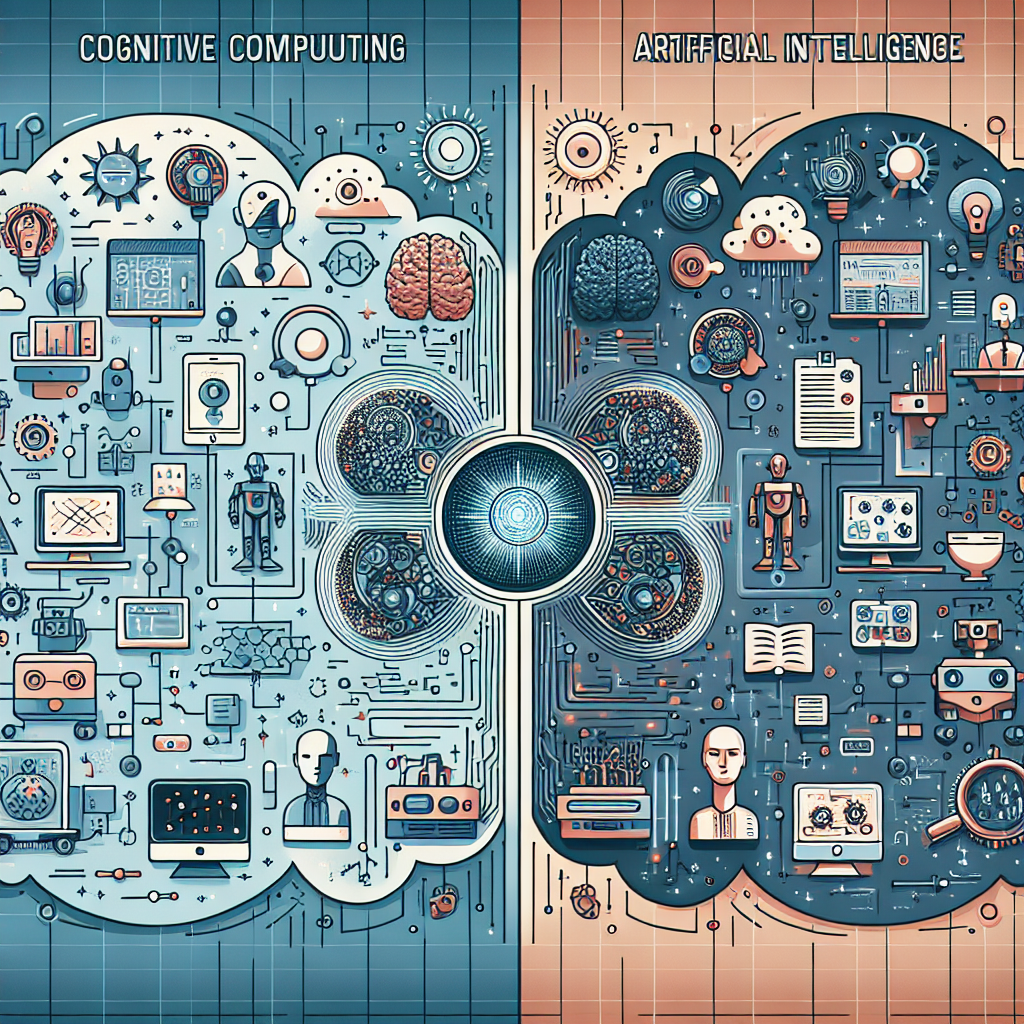Have you ever heard of cognitive computing and artificial intelligence (AI) and wondered what the differences are between the two? While both technologies involve intelligent systems that can reason and analyze data, there are some key distinctions that set them apart.
Let’s start with artificial intelligence. AI is a broad term that refers to machines or systems that can perform tasks typically requiring human intelligence, such as speech recognition, decision-making, and problem-solving. AI reasoning allows these systems to make decisions based on data analysis and logic.
On the other hand, cognitive computing is a subset of AI that aims to simulate human thought processes in a computerized model. Cognitive computing systems are designed to learn from experience, generate insights from data, and interact with users in a natural way.
So, what’s the difference between AI reasoning and cognitive computing? While both involve intelligent systems that can analyze data, cognitive computing goes a step further by attempting to mimic human thought processes. This means that cognitive computing systems are more adept at understanding context, interpreting language, and adapting to new situations.
In summary, while artificial intelligence encompasses a wide range of technologies aimed at creating intelligent systems, cognitive computing specifically focuses on creating systems that can think and learn like humans. Both technologies have their strengths and applications, but understanding the differences between them can help you choose the right solution for your needs.

Leave a Reply